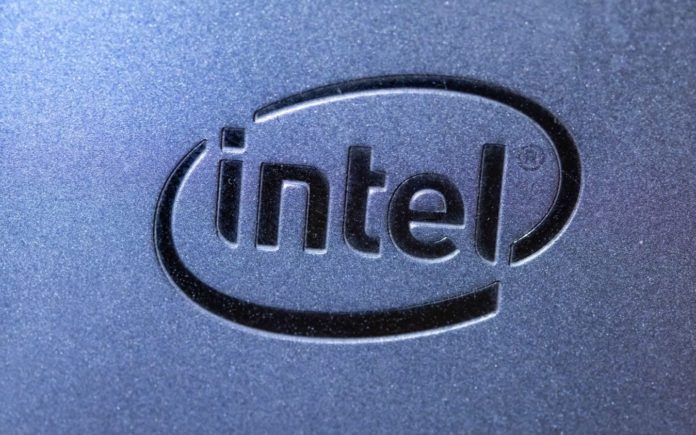All that positive press about Ryzen and AMD, in general, hasn’t just resulted in increased mindshare. If Intel’s recent statement is anything to go by, it’s based on very real facts: Ryzen’s enough of a value proposition that it’s finally started swinging at least some sections of the consumer PC hardware market back towards AMD again, for the first time in a decade or more.

At Citi’s Global Tech Conference, Intel’s Corporate VP and GM for Cloud Platforms had this to say about losing market share to AMD. Keep in mind that Intel doesn’t actually mention Team Red anywhere in the statement: the remark about losing market share was made obliquely. Nevertheless, it marks the first time in a long while that Intel’s admitted to losing ground to, well, anyone. Here’s the statement:
“In general, if there is a CPU sale happening on the planet, we want to be involved in it. So we don’t look at any segment of the market and say, okay, we are going to walk away from that segment or that we’re not be interested there. We want to aggressively compete in all segments. As we have gone through the supply issue kind of in the last six to 12 months on the PC side, we had to walk away from some low-end mobile share as well as some channel desktop share. But as we continue to improve our supply situation, we’ll continue to get more aggressive there.“
Note where Grebe mentioned low-end mobile and channel desktop share. These are the exact two markets in which Ryzen has proven most competitive. Ryzen U laptop SOCs are remarkably competitive at the low end: The 3500U with Vega 8 offers AAA-gaming ready performance in laptops under 40K. And, of course, the Ryzen 5 3600 and its ilk in the desktop space have been clearing territory right out of Intel’s paws.
All in all, it’s interesting to know that the AMD-Intel battle isn’t just about reclaiming mindshare: it does reflect on actual purchase decisions.
Further Reading:


